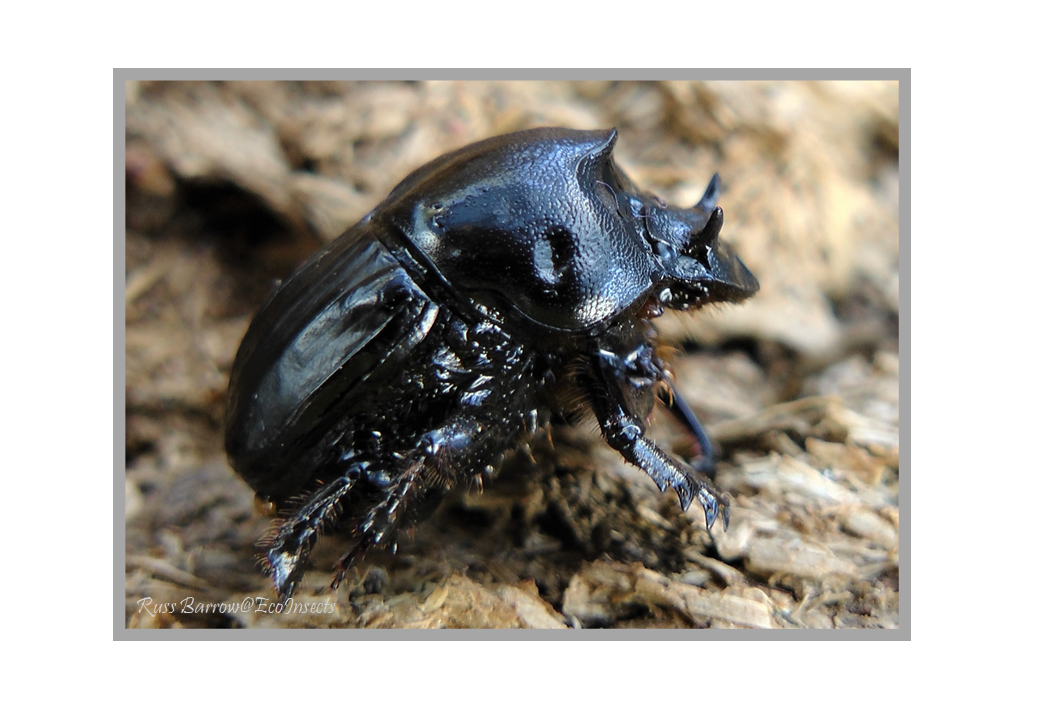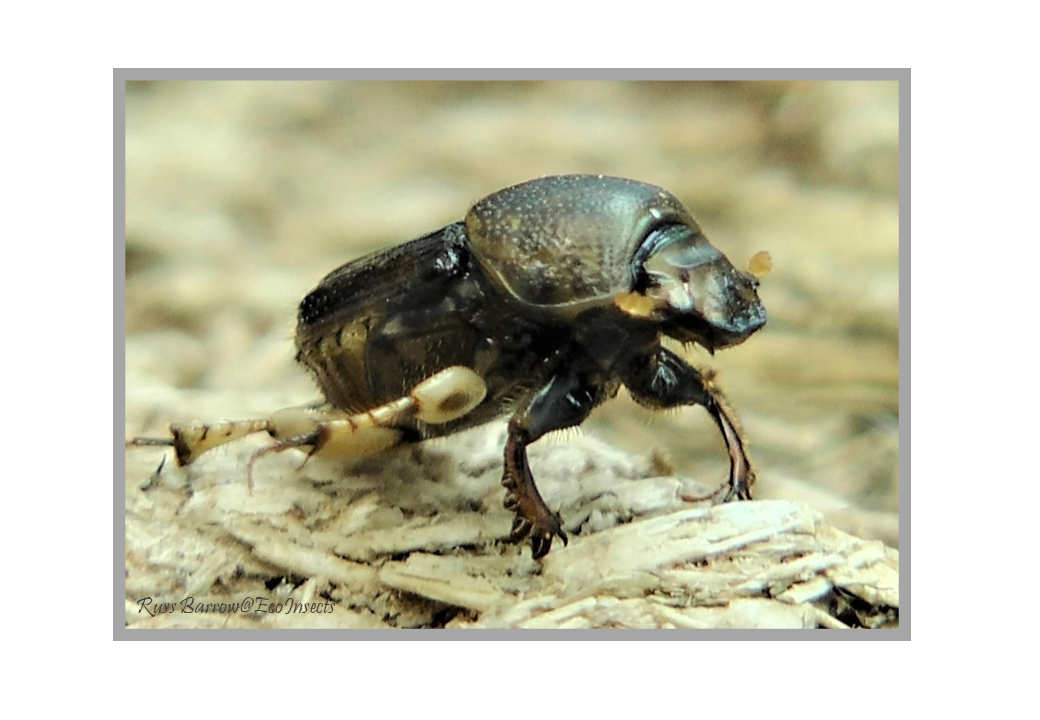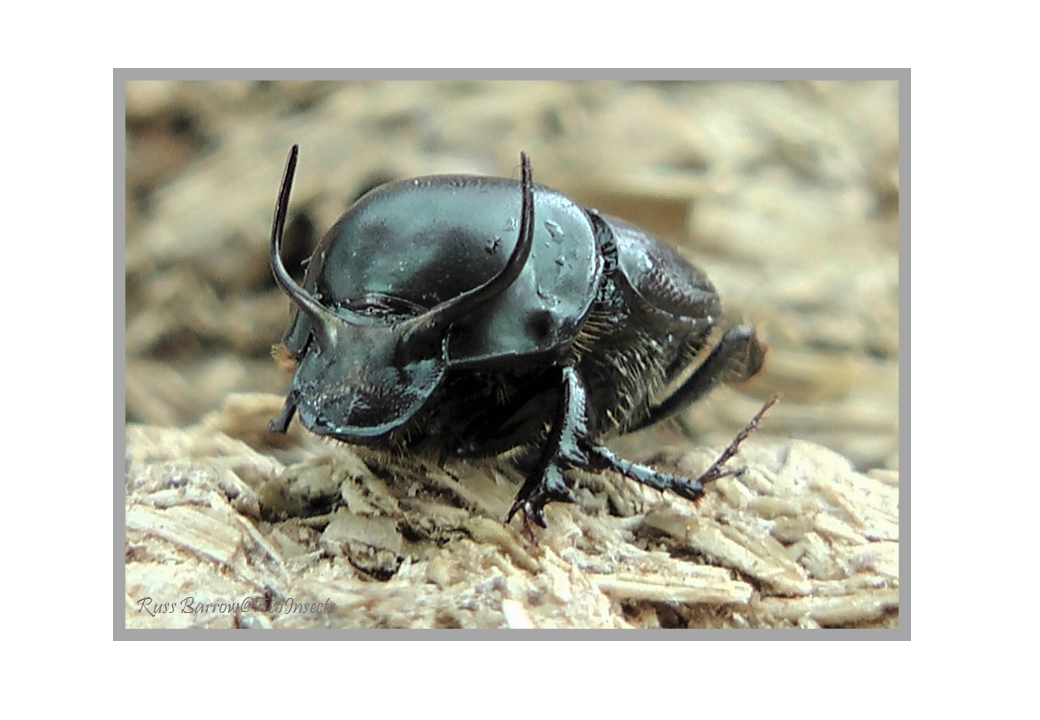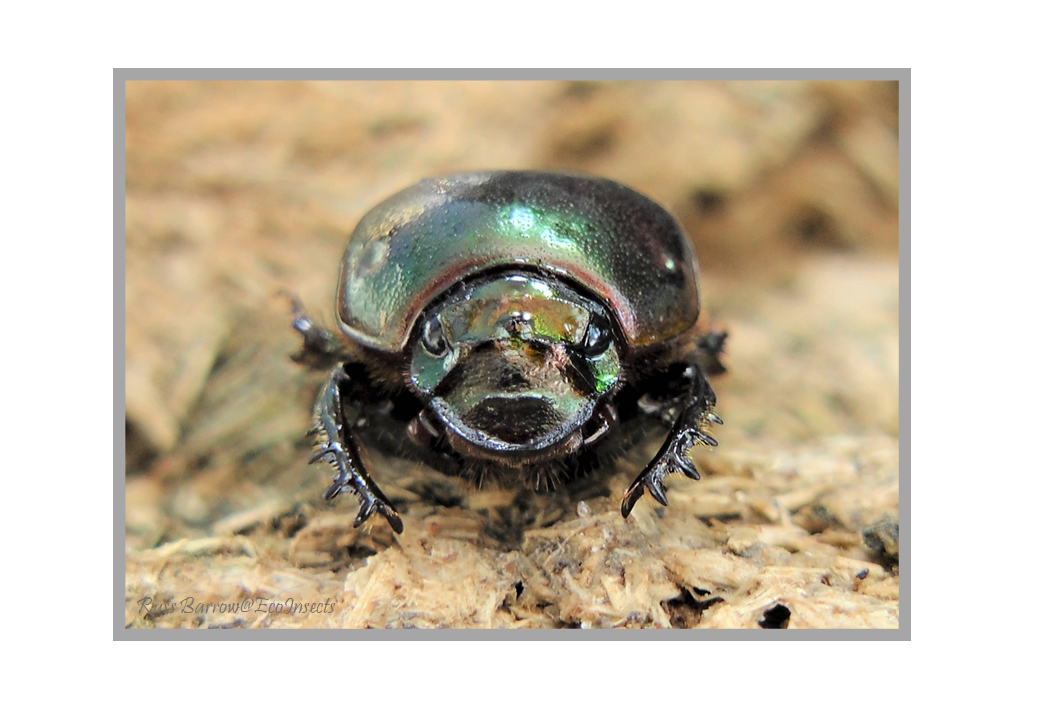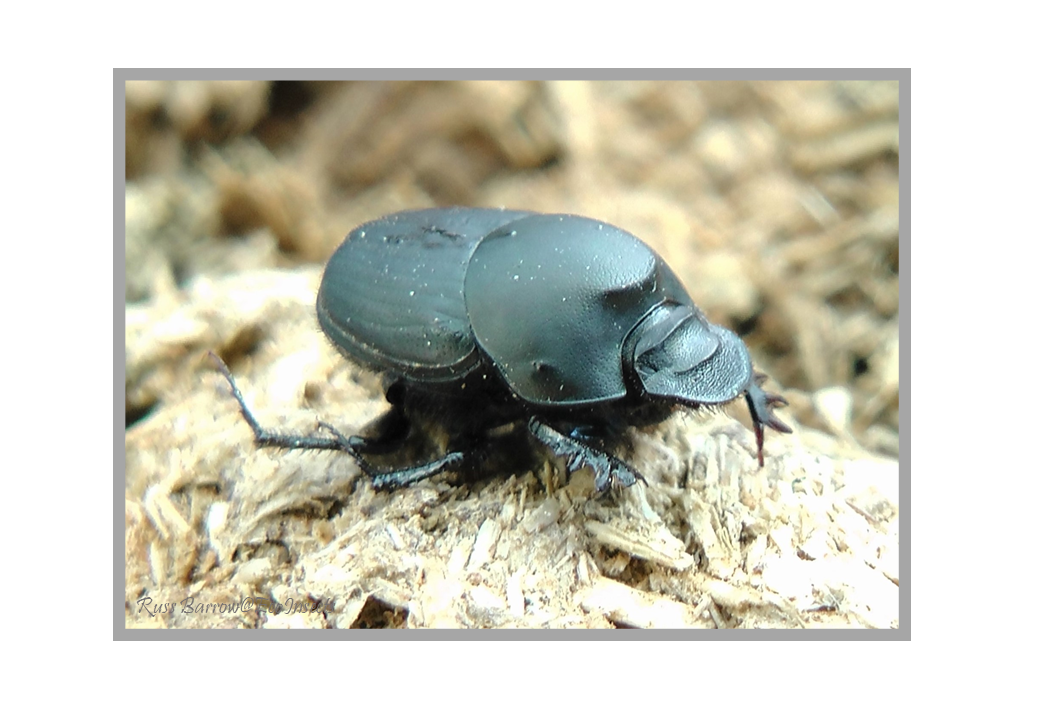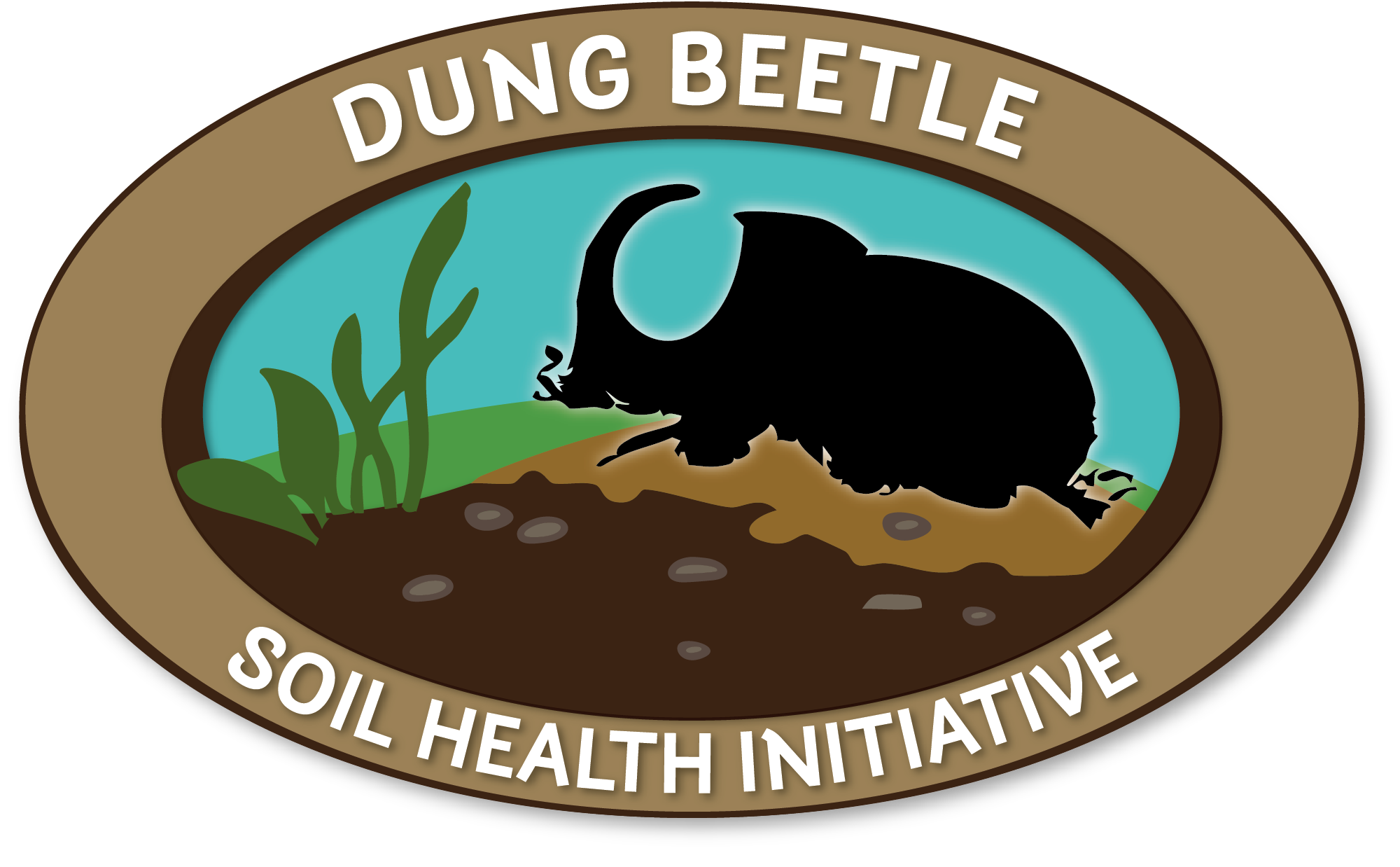
Dung Beetle Soil Health Initiative
Improving soil health, reducing flies and boosting farm profitability.
The Leschenault Catchment Council is proud to partner in the Dung Beetle Soil Health Initiative - a regional collaboration aimed at harnessing the benefits of dung beetles to improve soil structure, suppress bush flies and livestock parasites, and enhance pasture productivity and profitability across southern Western Australia.
Led by Wilson Inlet Catchment Committee and Southern Forests Community Landcare, and supported by the Department of Primary Industries and Regional Development, this initiative focuses on the Peel, Wheatbelt, South West and Great Southern regions.
Why Dung Beetles matter to our region
Natural pest control: Dung beetles bury manure, interrupting bush fly breeding and reducing parasite loads in livestock
Soil regeneration: Their tunnelling improves aeration, water infiltration, nutrient recycling and pasture health.
Low-input returns: Over time, farmers can reduce external inputs and improve long-term profitability through natural processes.
As part of the program we’ll be delivering these activities in the Leschenault catchment
Fly Monitoring: Gathering new and historical data to monitor bush fly activity and correlate population trends with dung beetle presence.
Beetle Monitoring: Through field surveys, we will identify the active dung beetle species locally, map their seasonal activity and highlight any gaps where future species introductions may be beneficial.
Community Outreach: This project is working with land managers, raising awareness of the benefits if dung beetles, showcasing best-practice land management and sharing the latest research and tools
Can you help us build a clearer picture? We are seeking landholders running cattle or sheep to complete a short survey to help better understand what influences dung beetle distribution across the region. This information will help explain spatial and seasonal gaps in spring beetle activity and support efforts to increase dung beetle coverage, delivering benefits for soil health and pasture productivity. Survey access here.
Subscribe to our newsletter for project updates, local results and upcoming events.
Find out more about this collaborative project at the Dung Beetles in Southern Western Australia website, and follow the Facebook page.
Dung Beetle Soil Health Initiative: A collaborative effort to enhance dung beetle value to livestock producers.
